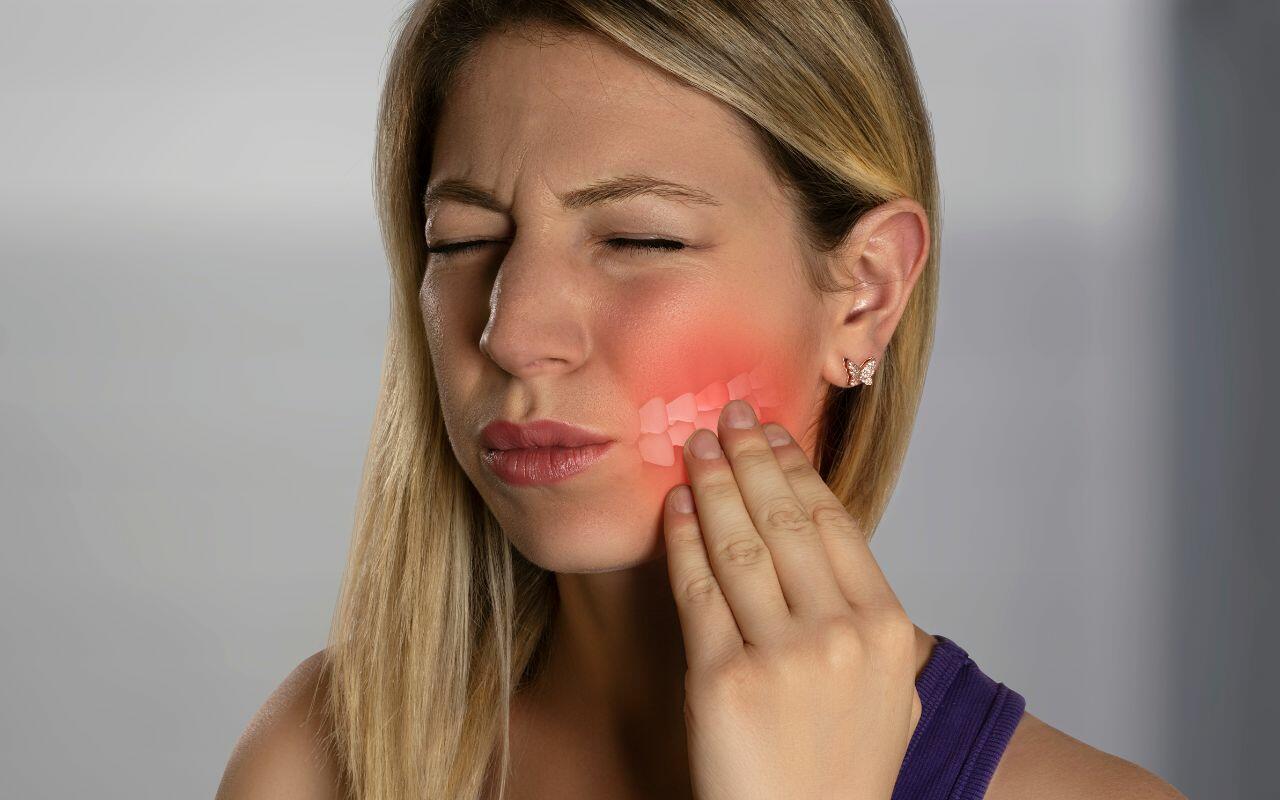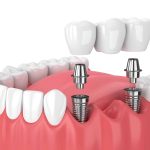It’s important that you prepare, as best you can, for every possible situation while traveling. Dealing with a toothache abroad, however, can be a bit challenging. What exactly counts as a dental emergency? When do you need to call a dentist, and which office should you visit? Here’s what you need to do if you have a dental emergency while traveling.
Your First Response to a Dental Emergency Abroad
No matter how prepared a traveler is, no one can plan for dental emergencies. All you can do is research ahead of your trip and know how you should respond to an emergency. In addition to finding a local dentist, you should take the following actions to address an immediate emergency.
Toothache
If you’re flying, you’re likely to experience some tooth pain because of air pressure imbalances. This occurs when air enters your teeth through a crack, cavity, or space in your filling, and then it expands because of the pressure changes while flying. This type of toothache is common, but it should go away when you land and only affect pre-existing problems.
If you have a toothache while flying and it doesn’t go away when you land, rinse your mouth and use floss to dislodge anything that might be stuck in your teeth. You can take painkillers to help with the pain. However, if the ache lingers and you can’t wait for a fix until you return home, you may need to see a dentist.
Broken or Cracked Tooth
Breaking or cracking a tooth is a dental emergency that requires immediate action. Rinse your mouth and apply a cold compress on the outside of your cheek to treat any swelling. Then find a dentist or emergency room in the area and go in for an urgent visit.
Dislodged Tooth
If an emergency knocks a tooth out entirely, follow these steps:
- Hold the tooth by the crown.
- Rinse the root if it’s dirty, but don’t touch the tissue fragments or place it in a cloth.
- Hold the tooth in the socket, if possible, or transport the tooth in a cup of milk and go see a dentist immediately. Responding quickly is key, as the likelihood of saving the tooth decreases after about 30 minutes.
Finding a qualified dentist near you
If you have a dental emergency in Hanoi, Da Nang, Nha Trang or Ho Chi Minh City, be sure to call our dentist emergency line at 0989 067 888. If you’re travelling elsewhere in Vietnam and many other countries, you can rest assured that a certified dentist is nearby who can handle the problem. Countries in Europe have similar dental standards and capabilities, so you should have no problem finding a dentist who can treat you.
If you picked up travel insurance, your first step should be to call your provider and ask for a referral to a nearby dentist who will accept your coverage. You can also speak with the hotel concierge, call your country’s Embassy or Consulate, or research the International Association for Medical Assistance to Travelers for recommendations on the closest dentist who can treat your emergency.
Tips for Traveling Prepared
One of the best tips for avoiding a dental emergency is to be prepared. Especially if you’re dealing with some tooth pain before you depart, it’s best to practice a few precautions for your trip:
- Go in for a checkup: If you have a history of gum disease or cavities, go in for a cleaning and let your dentist know you’re leaving for a trip soon. The dentist can look for signs of problems you’ll need to monitor while traveling and give you tips for how you can care for your teeth and respond to an emergency. It’s recommended to undergo any necessary serious procedures, such as a root canal, well before you leave the country.
- Get some dental insurance: Many insurance policies don’t provide coverage overseas. An additional temporary dental plan may be needed to protect you while traveling.
- Travel prepared: Travel with all you need to practice good oral health while you’re away from your dentist. If you’ve been struggling with pain, in addition to seeing your dentist before you leave, travel with over-the-counter painkillers such as acetaminophen and ibuprofen. Also travel with plenty of toiletries, including toothpaste, toothbrushes, floss, and mouthwash, to care for your mouth while you travel.
- Mind your diet: You can decrease your likelihood of an emergency by minding your oral habits overseas. For example, you should avoid chewing on hard candies and similar foods that could cause a crack or chip. If you’ve been dealing with sensitivity, abstain from coffee, tea, and other acidic beverages while traveling to avoid aggravating the problem and needing to visit a dentist abroad.
A dental emergency is a scary experience — especially while traveling. But with some initiative and planning, you can care for your teeth before you leave and know how to respond should a disaster strike. Schedule a checkup before you depart, and ask your dentist about other oral health tips to follow on your journey.



